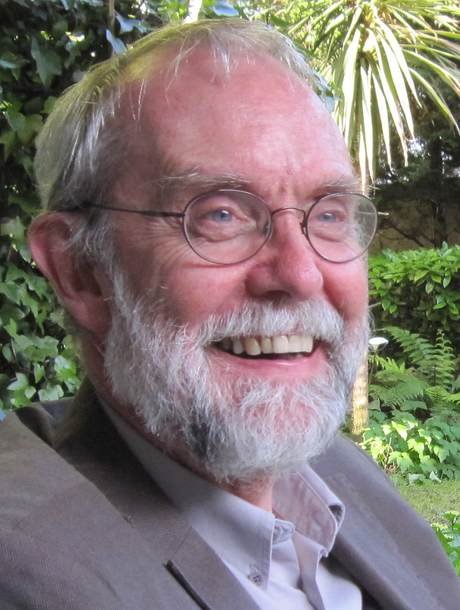A large portion of the world has had weeks of gorging on TV sport. First the Olympic Games and then the Paralympics. What a spectacle; what crowds, what enthusiasm. Taking top level sport out of the stadium and into the streets and parks of one of the world’s great cities. Tony Estanguet, the President of the organizing committee, at the opening ceremony for the Paralympics promised a revolution – not a new storming of the Bastille, but a world-wide revolution that would change the way we see sport and handicap. A revolution in the way we all perceive our shared humanity. And indeed, we’ve discovered sports we never knew existed, and been deeply stirred by these amazing athletes. Break-dancing with crutches? Well, now we’ve seen it!
Nepal gave its first Paralympic medallist a hero’s welcome as cheering crowds turned out for taekwondo player Palesha Goverdhan’s return home from Paris. Unknown and unnoticed when she left, 'I kept my promise, I brought a medal back home. This achievement is not just for me, but for everyone,' Goverdhan, 21, who won bronze at the 2024 Paralympic Games, said in a speech after her arrival back home. It was the first podium finish at the Paralympics for the Himalayan nation, which has never won a medal at the Olympics. Goverdhan said it had been a 'long wait' for Nepal to win a medal!
So, Vive la France! There are common traits, a shared humanity between us all as humans. But the national differences are fascinating. One of the best pieces of advice I received as a young man was to live on the basis of appreciation, and not comparison. I personally don’t know two countries so close geographically, and whose histories are so closely inter-twined, who seem to like and understand each other so little! The British have a number of nasty jokes about France in the style of ‘lovely country, but the inhabitants more problematic!’ But at the same time, in 1940, when France was facing defeat and occupation by the Nazi armies, Churchill proposed quite seriously the union of the two countries, with the French government temporally evacuating to London, and the message that only part of our new union was defeated and under occupation by the enemy.
My father’s great love in life was Germany and the German language. He studied there before the war, and was considering suicide when war broke out, and it was his friends in what was then Moral Re-Armament who helped him to see that he didn’t have to hate the Germans to fight the evil that had taken over the country that he loved. So he served in uniform, in military intelligence. As children, on a holiday in France, he showed us the field where he spent his first night in France after the D-Day landings in Normandy. Later in my teens, working with MRA in France, I met French friends who remembered him as a father Christmas figure, arriving with precious military rations to share, and news and publications and periodicals of MRA!
I’ve lived several years in France, and can say that I not only love their country, but I also love the French, count some of them as my closest friends. For many British, ‘Europe’ was never a love affair, always a question of interest. Getting to know people in Alsace and Lorraine, I came to understand that the European project, the Coal and Steel Community, then the European Economic Community and now the European Union were first and foremost a method to heal and bind together countries that had fought each other three times in 70 years, at such cost to the whole world.
One very dear French friend was Irène Laure, a pioneer of these moves towards healing and reconciliation.
Irène’s story is wonderfully recounted by another French friend, Jacqueline Piguet. Sadly untranslated, I later published a booklet of Jacqueline’s letters to her parents, written from the ruins of Germany, in 1947.
Another major figure whom I only just got to meet before his death was the French existentialist philosopher, Gabriel Marcel. Gabriel Marcel wrote about MRA: ‘the global and the intimate are linked together in a surprising way’.
Another friend, Michel Sentis, as a young man, served as the go-between for Frank Buchman, the founder of MRA, and the French politician Robert Schuman. Buchman had little French, and Schuman no English, so Michel served as interpreter and secretary, taking messages from Buchman, and ringing Schuman’s doorbell, and going in. Another world: no guards or security. Sadly, the little book where Michel details all this is untranslated, as his important history of the sometimes troubled relations between MRA and the Roman Catholic Church (Michel was a Catholic). But one book he co-authored with Charles Piguet is available in French and English.
In the 1950s and 60s, there was a major work in France in the trades unions and in industry. A key figure in these campaigns was Robert Carmichael, one of the leaders of the French and European jute industry.
France, since the snap general election called by President Macron, is in yet another major political crisis. Another side of their national character. After admiring the perfection and panache of the Olympics and the Paralympics, my wife and I wondered whether Macron shouldn’t again dissolve parliament and entrust the government to the two organizing committees!

